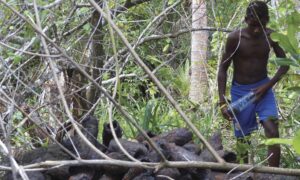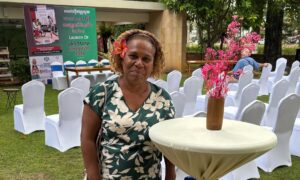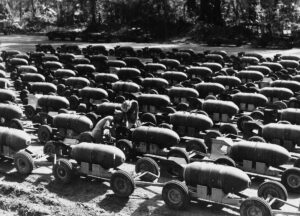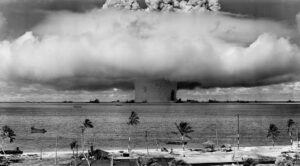
Mobilising Pacific Voices on Autonomous Weapons at the UN General Assembly
States and key stakeholders met at the United Nations General Assembly (UNGA) in October 2024. For the second time, SafeGround was present at the UN in New York. Representing SafeGround




